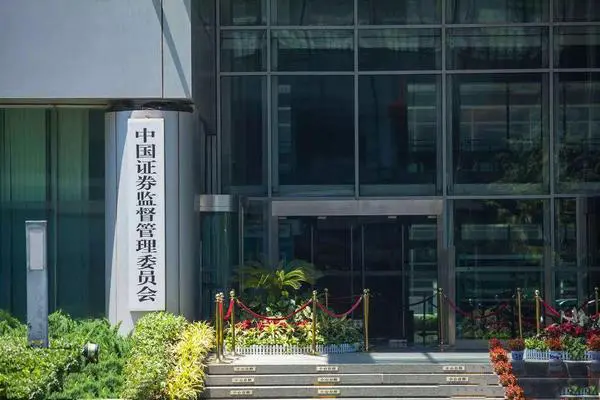South Africa's former President and Nobel Laureate Nelson Rolihlahla Mandela has died at the age of 95, South African President Jacob Zuma said on Thursday.
"He is now resting. He is now at peace," South African President Zuma said, "Our nation has lost its greatest son. Our people have lost a father."
"Flags around the country will be flown at half-mast from Friday until after the funeral as we gather to pay our last respects," said the president.
Mandela was released from hospital in early September following an 85-day stay for a recurring lung infection, the result of his longtime imprisonment during the apartheid times.
He suffered from tuberculosis when he was incarcerated for 27 years before the apartheid ended in 1994.
After being discharged from hospital in Pretoria on Sept. 1, he started his final fight against the disease at his home in Johannesburg.
He was the first democratically-elected president in South Africa, having an honor of the state father in the country.
Dubbed as "tata" or "father" in his country, Mandela, who had spent 27 years in prison, was widely regarded as an anti-apartheid activist and South Africa's first black president after more than three centuries of white rule.
Born on July 18, 1918 in a small village in South Africa, Mandela was one of the 13 children of a Tembu Tribe chief, who gave him his tribal name Rolihlahla, meaning "troublemaker" in the Xhosa language. Having finished his education at University College of Fort Hare and the University of Witwatersrand with a B. A. degree in law, Mandela joined the African National Congress (ANC) in 1943 and later formed the Youth League of the ANC.
In 1948, when the Afrikaner-dominated National Party won the national election, Mandela started to be engaged in resistance against the party's apartheid policy of racial segregation. He was actively involved with ANC's Defiance Campaign and the adoption of the Freedom Charter, calling for equal rights for the majority blacks with non-violent resistance in the country.
Between 1956 to 1961, Mandela, along with 150 other activists who were arrested at the same time, stood trial for treason but was acquitted.
In 1960, when ANC was banned, Mandela went underground forming "The Spear of the Nation" military group with arms. One year later, he called to arms and became leader of the ANC guerilla movement.
Mandela started his 27-year imprisonment in 1964, when the then 43-year-old was sentenced to five years for leaving South Africa illegally and inciting strikes and one year later to a life imprisonment for high treason. His jail time in at the Robben Island Prison off Cape Town saw Mandela's reputation grow as the country's most significant black leader and a potent symbol of anti-apartheid movement.
International campaigns calling for the release of Mandela was gaining momentum and finally pressured the South African government to give back his freedom on Feb. 11, 1990. It was in the same year that Mandela, then 72 years old, was appointed as ANC deputy president and in the next year elected its president. He was awarded the Nobel Peace Prize in 1993 for his endeavors for the peaceful termination of the apartheid regime, and for laying the foundations for a new democratic South Africa.
Mandela's prisoner-to-president saga was staged in 1994, when he was elected South African president in the country's first multiracial democratic votes and ANC garnered 252 of the 400 seats in the national assembly.
He devoted his five-year presidential term to poverty reduction and reconciliation between the white and black South Africans and relinquished the presidency in 1999 in favor of his successor Thabo Mbeki, who had earlier been nominated ANC president.
Mandela has never faded out of the public view despite his stepping down. Either his engagement in AIDS fighting, criticism of the U.S. foreign policy under George Bush's administration or his appointment as a mediator for the Burundian civil war received extensive media exposure.
His post-retirement health has always been a worldwide concern. In 2001, Mandela was diagnosed and treated for prostate cancer with radiation and his health. He announced his retirement from public life in 2004, at the age of 85, due to declining health and his intention to enjoy more time with his family. In 2011 and 2012, he was admitted to hospital for routine tests.
Mandela's birthday, July 18, was made in 2009 an annual international Mandela Day by the UN to commemorate his 67 years' struggle for social justice and world freedom.
The legendary figure, who married three times, was father of six children, and 20 grandchildren.
 简体中文
简体中文

